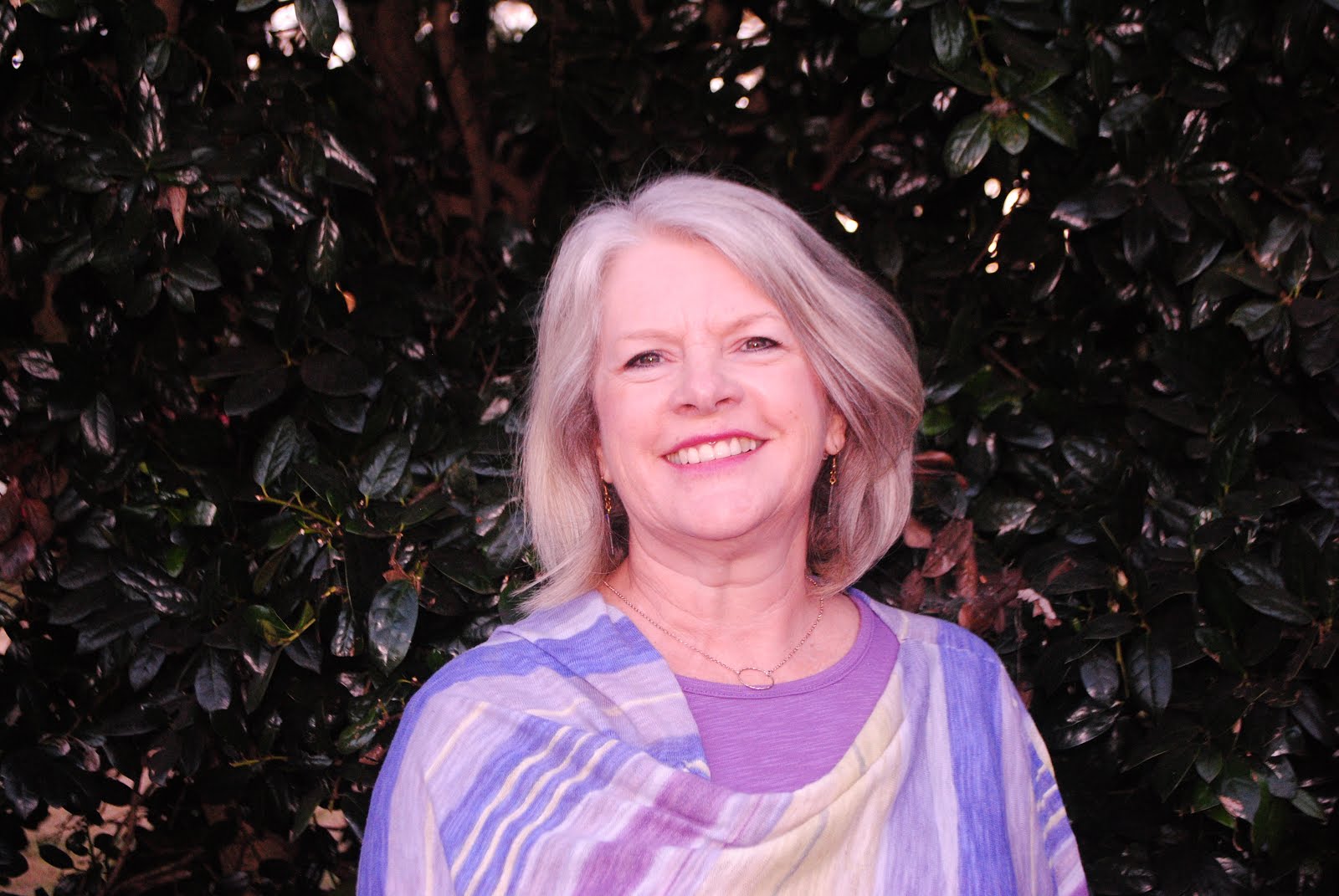For someone who claims to prefer fiction (and I do), I seem to read a lot of nonfiction. In fact, I've started the year halfway through the 1100-page biography of Leonardo da Vinci by Walter Isaacson. Here are some of my favorites from this year.
Peter Cooper, Johnny’s Cash and Charlie’s Pride
One of the best readings I attended at Parnassus Books this year featured Peter Cooper, singer-songwriter and former Nashville Tennesseean music writer. The book, aside from its clever title, is full of stories from Music City, not only about the most famous characters--Johnny Cash and even Taylor Swift, but others known more by insiders, including the owners of Station Inn. My only regret is that I bought only one copy. I needed one to keep and at least one to share.
Greg Boyle, Tattoos in the Heart
The title of this memoir might have been enough to drive me away if it hadn't been a book club choice. It does have the ring of a romance novel, doesn't it? But Jesuit priest, Father Greg Boyle's story of his work with gang members fascinated me. I loved learning about the practical ways, through his Homeboy Industries, he developed to help men and women leaving gangs or coming out of prison--jobs (which he sometimes helped fund), training, even tattoo-removal service when appropriate.
Not all of his stories have happy endings. In fact, so many don't. He can help individuals leave the gang life, but he can't rid the area of gangs entirely, so many of his "homegirls" and "homeboys" still fall victim to gang violence. I most appreciated the way he helped me past external appearance to recognize each individual as God's creation, worthy of love and redemption.
Boyle will be appearing in Nashville this month, and I've already made plans to be there.
Anne Lamott, Hallelujah Anyway
While I knew Lamott first through Bird by Bird, one of the best books on writing, I have discovered her quirky, unconventional books on faith just as engaging. I passed along her earlier book Help, Thanks, Wow (her three essential prayers) to so many people I care about. This particular book is her particular spin of the psalmist David's attitude of praise not only because of the blessings but in spite of whatever life throws at us.
Trevor Noah, Born a Crime
Since I'm not much of a television addict, I didn't really know much about Noah, so his memoir was a great introduction. Another book club selection, this one tells about his birth to a black mother and white father in South Africa when interracial relationships were illegal. I listened to the audiobook with the author reading, and it was excellent. I've read several books about South Africa before and after Apartheid, so I especially liked learning from one individual's perspective. Some of the incidents were amusing, while others were horrifying. Noah's relationship with his mother, a committed Christian, was poignant, especially when she is shot in the head by Trevor's step-father. One advantage to reading a memoir is knowing the author had to have survived to tell the story. I'm glad he did.
Beth Ann Fennelly, Heating and Cooling: 52 Micro-Memoirs
I wrote about this tiny little book right after I read it, but it's one book I have recommended to readers and writers. I even chose this as my "Dirty Santa" gift at the Christmas party for English department employees and English majors. I love having a book of short pieces I can dip into (especially as a break when I'm reading one door-stop-weight book and listening to another. I wanted to read small segments out loud to friends, and I wanted to sit down quickly and write my own stories that resurfaced as I read.
Colum McCann, Letters to a Young Writer
I have enjoyed McCann's novels, so I was tempted by this one, whose title he took from Rilke. Since I'd spent some time this summer working with some high school writers, I loved what he had to say. I also recognized that most of the advice is pertinent, regardless of one's age. It belongs on a writer's reference shelf.
Bill Browder, Red Notice
This true story of an American who grew an investment business in Russia, at great personal and financial risk, chilled me. I knew some of the incidents he relates from the news (including the poisoning death of a journalist associated with Browder), but the book delves so deeply into the corruption still going on.
J. D. Vance, Hillbilly Elegy
This book follows Vance's family, Kentucky natives who move back and forth between home and the "Rust Belt" for work. He gives insight into poor whites, often overlooked in fiction and nonfiction. Having taught in Western North Carolina when many displaced furniture workers were enrolled in the community college to retrain for new careers, I recognized so many of the situations Vance describes--the self-doubt, the self-fulfilling prophecies, the learned helplessness. He strongly conveys the power of family to overcome.
C. S. Lewis, Mere
Christianity
I regularly need to dip back into the writings of Lewis, both his theology and his fiction. He approaches faith with logic and intellect. I've long been interested in his own life and his conversion to Christianity. I discovered William Nicholson's play Shadowlands, Lewis's love story and shared it with anyone who'd take the time to read it. The Hollywood movie was a disappointment, almost a parody of the play, but the BBC version holds up. I think Screwtape Letters or Surprised by Joy may make my 2018 reading list.

My Favorite Nonfiction in 2017







